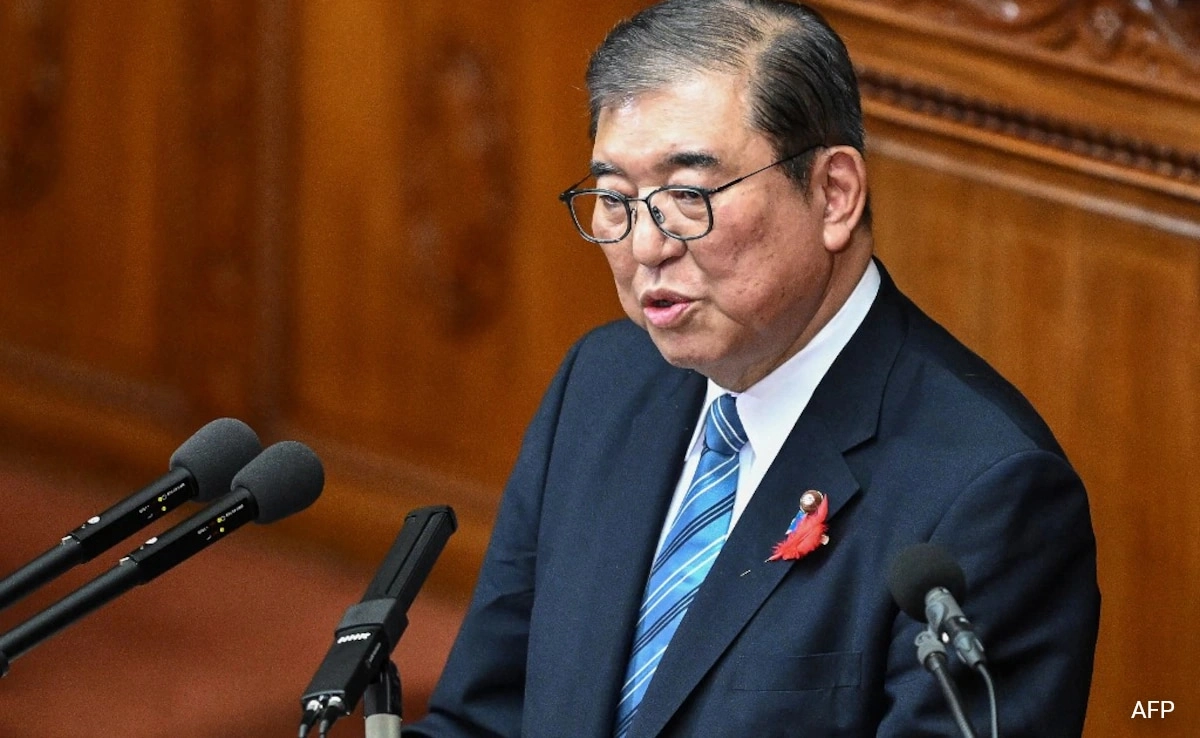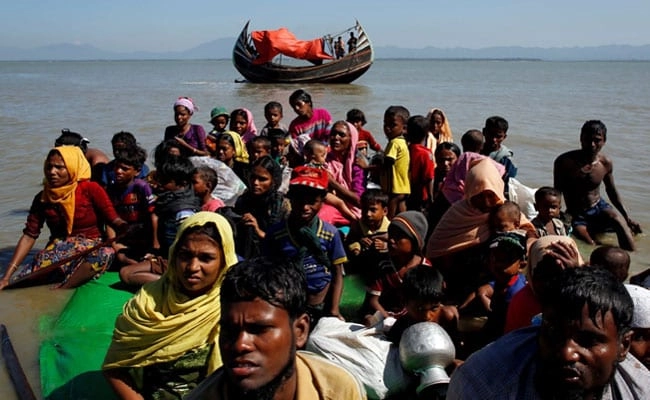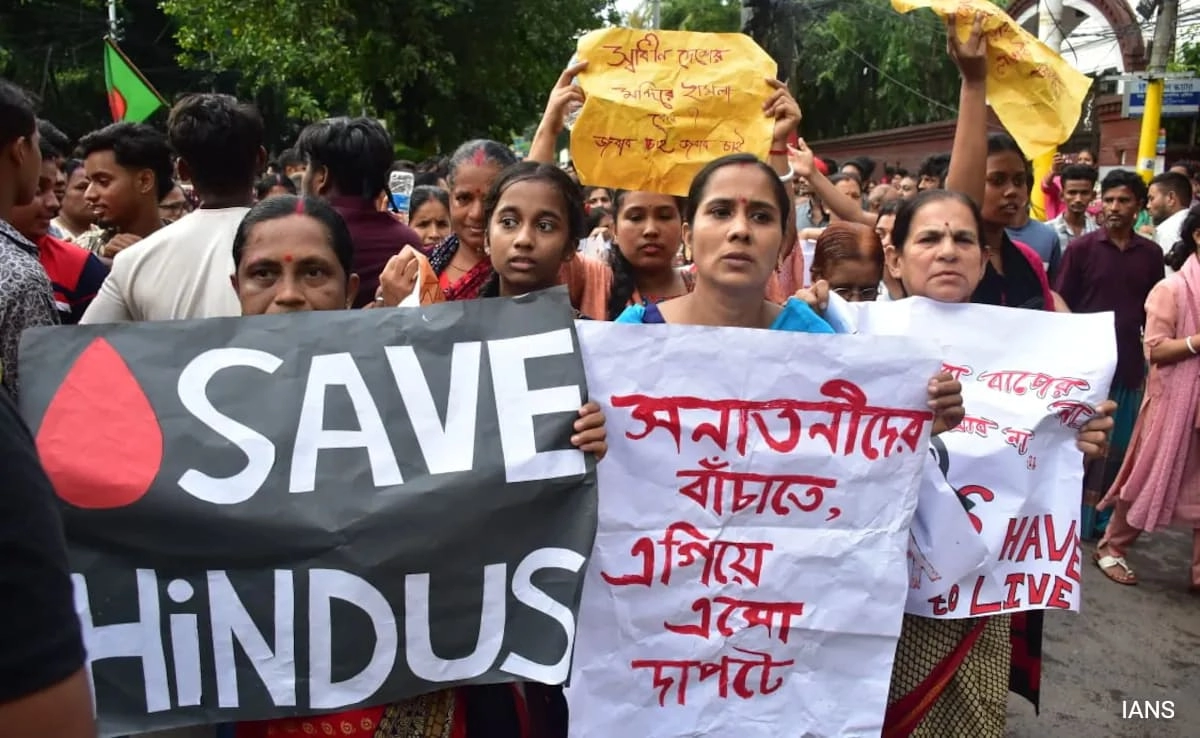As Japan looks toward its political future, the question of succession for Prime Minister Shigeru Ishiba has become increasingly pertinent. Ishiba, a prominent figure in the Liberal Democratic Party (LDP) and a seasoned politician, has garnered both support and criticism during his tenure. His leadership style, policies, and approach to pressing national issues such as economic revitalization and foreign relations have sparked discussions about potential successors who could step into the role of Prime Minister. Given the intricate dynamics of Japanese politics, several candidates stand out as potential replacements, each bringing their own unique perspectives and political agendas.
Among the most notable figures is Fumio Kishida, a former foreign minister who has been a key player in Japan’s diplomatic engagements. Kishida’s experience on the international stage could be invaluable as Japan navigates complex relationships with neighboring countries and global powers. His stance on security and defense issues, alongside his commitment to economic growth, positions him as a strong contender for the premiership. Moreover, Kishida’s ability to appeal to both traditional LDP supporters and a younger electorate may bolster his chances in any upcoming leadership contest.
Another potential successor is Taro Aso, a veteran politician who has previously served as Prime Minister and holds the position of Deputy Prime Minister and Minister of Finance. Aso’s extensive experience in governance and economic policy could provide a stabilizing force in Japan’s leadership. His familiarity with both domestic and international economic challenges makes him a compelling option, especially in times of economic uncertainty. However, Aso’s past controversies and the perception of his leadership style may pose challenges to his candidacy.
Additionally, younger politicians like Koichi Hagiuda, the current Minister of Education, Science and Technology, are emerging as fresh faces in Japan’s political landscape. Hagiuda’s focus on education reform and innovation aligns with the pressing need for Japan to adapt to a rapidly changing global economy. His appeal to the younger generation and emphasis on modernization could resonate well with voters seeking a forward-looking government. As the political landscape evolves, the possibility of a new leader rising from this younger cohort cannot be overlooked.
Ultimately, the succession of Shigeru Ishiba will depend on various factors, including party dynamics, public opinion, and the broader geopolitical context. As the LDP prepares for its future leadership elections, the candidates will need to articulate clear visions for Japan’s direction, addressing critical issues such as economic recovery, social welfare, and national security. The political arena remains fluid, and the eventual successor will need to be adept at navigating the complexities of both domestic and international challenges to ensure a prosperous future for Japan.




